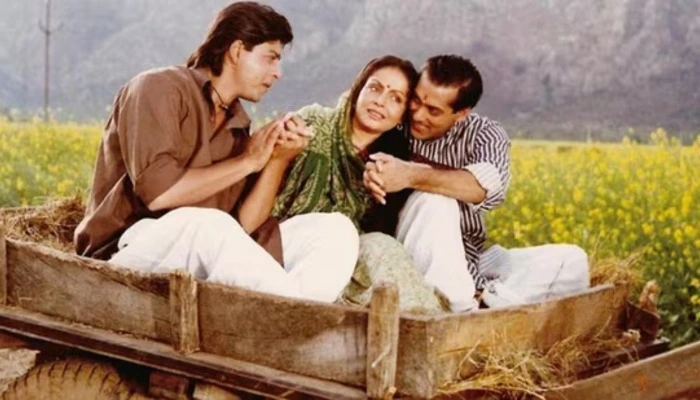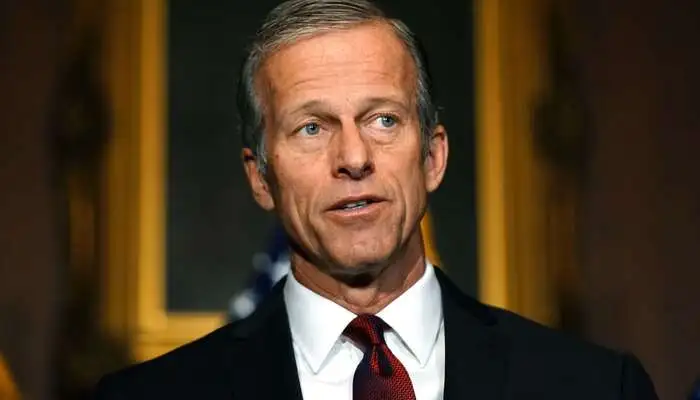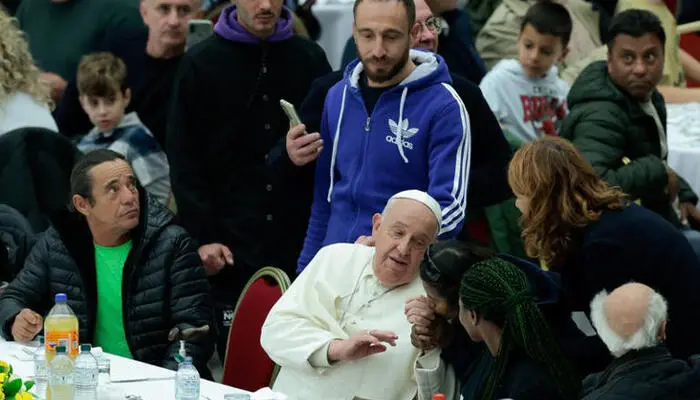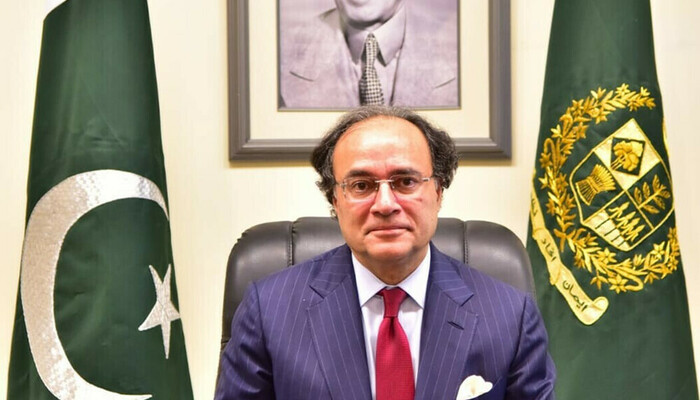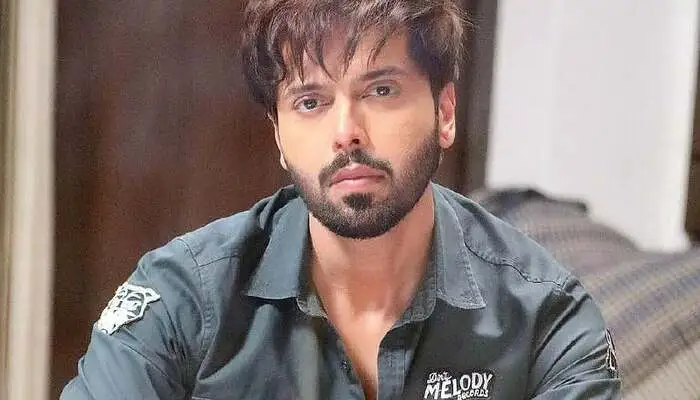
Military forces across Myanmar on Saturday have killed over 90 people in one of the bloodiest days of demonstrations.
Following a military coup last month, protests on Saturday were the deadliest of all the protests, according to media sources and witnesses.
On Armed Forces Day, a deadly crackdown was launched. During a parade in the capital Naypyitaw to commemorate the incident, junta leader Senior General Min Aung Hlaing said that the military will defend the people and work for democracy.
According to foreign media reports, protesters risked being shot “in the head and back” and up till now, 91 people fell victim to security forces and lost their lives across the country.
The death toll in Myanmar has been steadily rising as authorities grow more forceful with their suppression of opposition to the February 1 coup that ousted the elected govt of Aung San Suu Kyi. #Myanmar #MyanmarCoup #AungSanSuuKyihttps://t.co/hDtDCNc4fC
— Outlook Magazine (@Outlookindia) March 27, 2021
At least 24 people were killed in Yangon, Myanmar according to the state media including five young boys.
Dr Sasa, a spokesman for CRPH, an anti-junta group set up by deposed lawmakers, said that “Today is a day of shame for the armed forces.”
A military spokesman refrained from commenting on the brutal killings by security forces. However, the bloodiest demonstration that took place on Saturday in which a one-year-old baby was also in the eye with a rubber bullet.
However, “the army wants to join hands with the entire nation to safeguard democracy,” Min Aung Hlaing said in a live program on state television. He added that “violent acts that affect stability and security in order to make demands are inappropriate.”
The military has said that it seized over because the November elections won by Aung San Suu Kyi’s party were rigged, a claim that the country’s election commission has denied.
Suu Kyi, the country’s most prominent civilian politician, and elected official remains in custody at an undisclosed venue. Many other members of her political group have been arrested.
In early February this year, Myanmar had seen one of the largest protests in more than ten years where dozens of people pretested against the military coup.
In the protest, people demanded the release of an elected leader Aung San Suu Kyi. The military, however, remained silent about the increasing opposition to the 16 February coup.
Later on, in Myanmar, the military junta promised to hold an election and give the power, denied that the ouster of an elected government was a coup or that its leaders had been arrested, and accused demonstrators of violence and coercion.
Afterward, the military tightened its hold in Myanmar while filing the case against expelled elected leader Aung San Suu Kyi. Moreover, internet services were also restricted.



